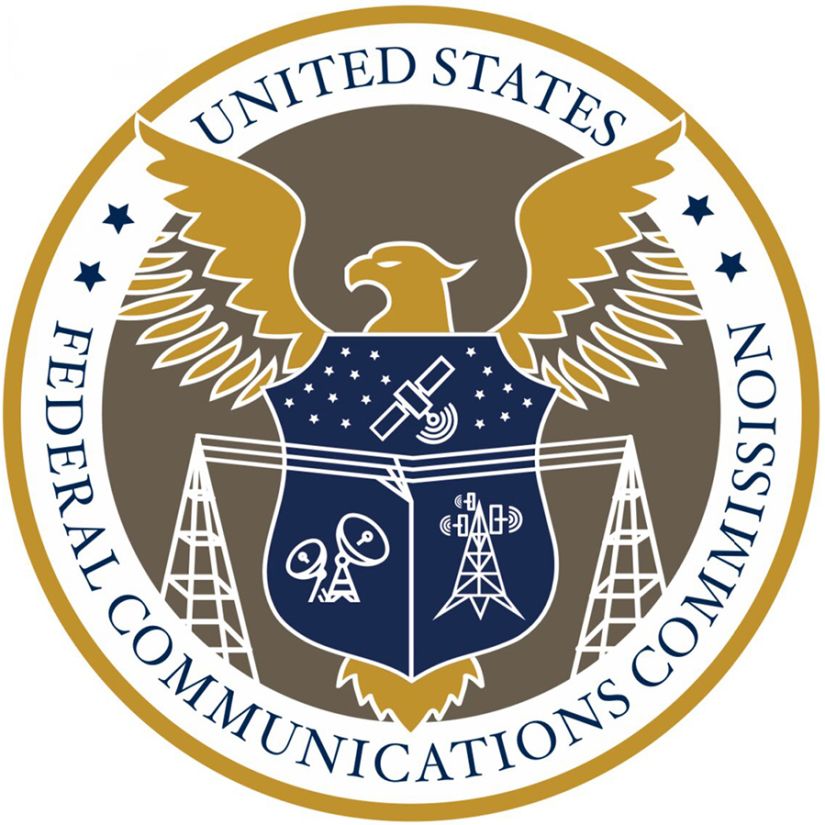FCC Proposes Disclosures for Foreign Programming
Seeks comment on new framework
The smarter way to stay on top of the streaming and OTT industry. Sign up below.
You are now subscribed
Your newsletter sign-up was successful
The FCC has voted unanimously to approve a notice of proposed rulemaking (NPRM) establishing disclosure requirements for TV and radio content sponsored by foreign governments.

FCC Chairman Ajit Pai circulated the item last month, it was voted earlier this month and released Monday (Oct. 26).
The rules require "a specific disclosure at the time of broadcast if a foreign governmental entity has paid a radio or television station, directly or indirectly, to air material, or if the programming was provided to the station free of charge by such an entity as an inducement to broadcast the material."
There is no minimum threshold. If one of the following five categories of content sponsors provide any remuneration--money, services or anything of value, including the programming itself if it was supplied for free.
The disclosure would be triggered by content sponsored by "1) a 'government of a foreign country' as defined by the Foreign Agents Registration Act (FARA);44; 2) a 'foreign political party' as defined by FARA;45; 3) an entity or individual registered as an 'agent of a foreign principal' under FARA,46 whose 'foreign principal' has the meaning given such term in section 611(b)(1) of FARA and that is acting in its capacity as an agent of such 'foreign principal';47; 4) an entity designated as a 'foreign mission' under the Foreign Missions Act;48; or 5) any entity meeting the definition of a 'U.S.-based foreign media outlet' pursuant to section 722 of the Act that has filed a report with the Commission."
The FCC is proposing this standardized disclosure language:
“The [following/preceding] programming was paid for, or furnished, either in whole or in part, by [name of foreign governmental entity] on behalf of [name of foreign country].”
The smarter way to stay on top of the streaming and OTT industry. Sign up below.
That disclosure must be made at the time of broadcast and, for TV, must be "displayed in letters equal to or greater than four percent of the vertical picture height and be visible for not less than four seconds."
The disclosure must be made at the beginning and end of each program and at least once per hour for programming longer than 60 minutes.
The commission said those proposals for wording, time, frequency and duration are tentative and seeks comment on them.
While the FCC already had rules requiring disclosure of sponsored content, it did not specify when and how content from foreign governments should be disclosed.
Only the Democrats released statements on the vote.
Commissioner Geoffrey Starks said he supported the item because "content created by or on behalf of foreign governments and aired on American stations has the potential to leave listeners unwittingly vulnerable to manipulation by a foreign adversary, we must close any existing loopholes by requiring full sponsorship disclosure....Notably, we take this action in the midst of known attacks on our political processes by foreign governments and their representatives. Although free speech remains a bedrock of our democracy, we as Americans have a right to know when there is a foreign voice behind speech broadcast in the United States."
"We propose to adopt specific disclosure requirements for broadcast programming that is paid for or provided by a foreign government or its representative," said FCC Commissioner Jessica Rosenworcel. "This is about basic transparency and it frankly shouldn’t have taken us so long....Right now, we are awash in reports that foreign actors are attempting to influence our political process and democratic elections in the United States. We also know that foreign entities are purchasing time on broadcast stations in markets across the country, including Russian government-sponsored programming right here our nation’s capital. But it’s mindboggling that the FCC has yet to update its policies under Section 317 to ensure that the public knows when foreign actors who may wish to do us harm are paying to access our airwaves and influence our citizens."
Rep. Anna Eshoo (D-Calif.), who has pushed the FCC for such identificuations to help combat Russian election interference, was pleased with the decision, if not the timing.
“Americans have a right to know when a foreign adversary is buying up time on airwaves owned by the American people.,” she said in a statement. “I commend the FCC for finally taking this critical step to defend our democracy and protect American airwaves after a glacial pace of action. The U.S. Intelligence Community concluded in January 2017 that Russian state-sponsored media outlets RT and Sputnik meddled in our 2016 elections when they pushed anti-U.S. messaging over U.S. airwaves to undermine trust in our democracy. Eight days before a consequential election, the FCC is releasing a rule which should have been implemented by now, an action I’ve called for since May, 2017.”
Contributing editor John Eggerton has been an editor and/or writer on media regulation, legislation and policy for over four decades, including covering the FCC, FTC, Congress, the major media trade associations, and the federal courts. In addition to Multichannel News and Broadcasting + Cable, his work has appeared in Radio World, TV Technology, TV Fax, This Week in Consumer Electronics, Variety and the Encyclopedia Britannica.

